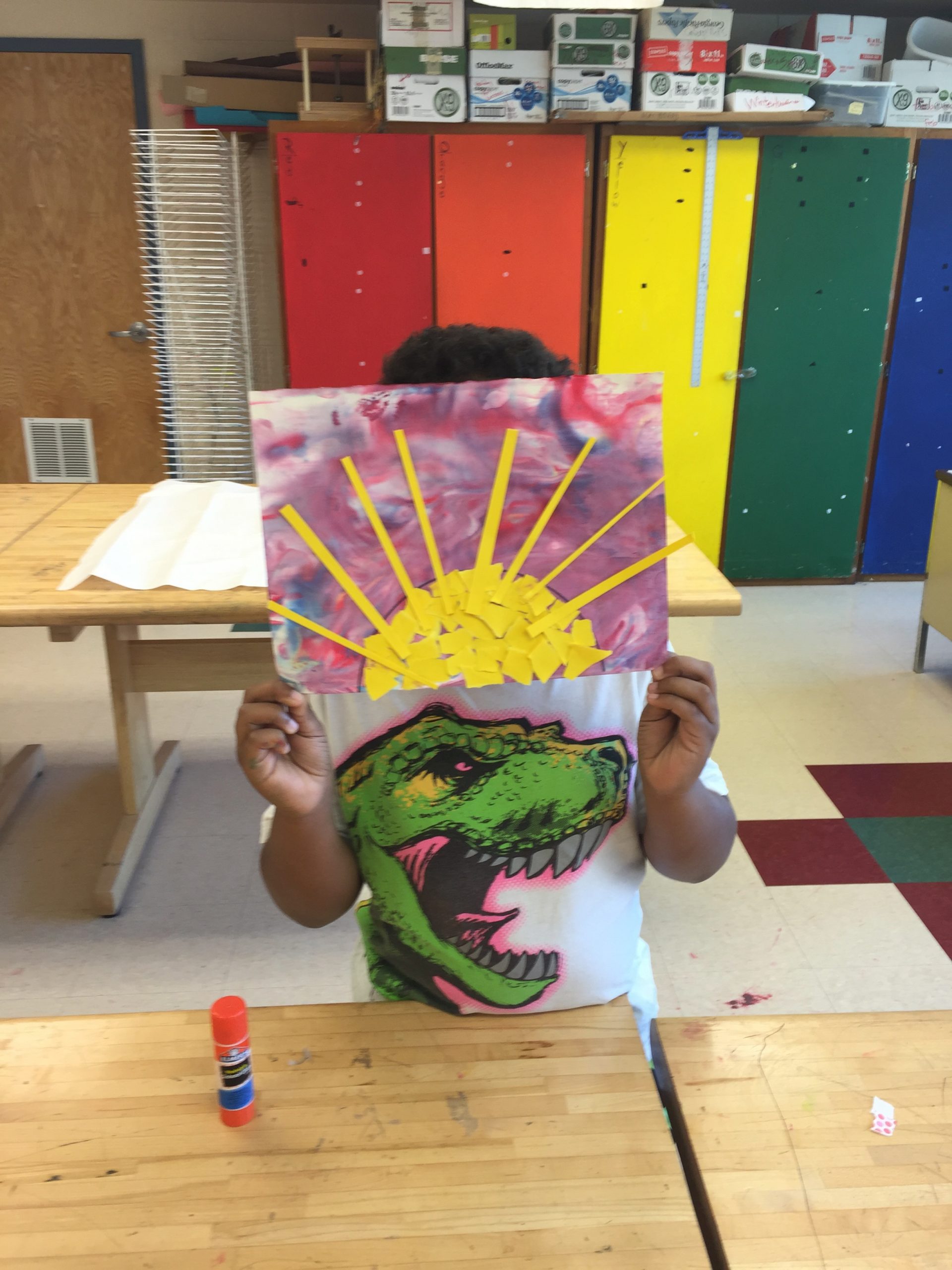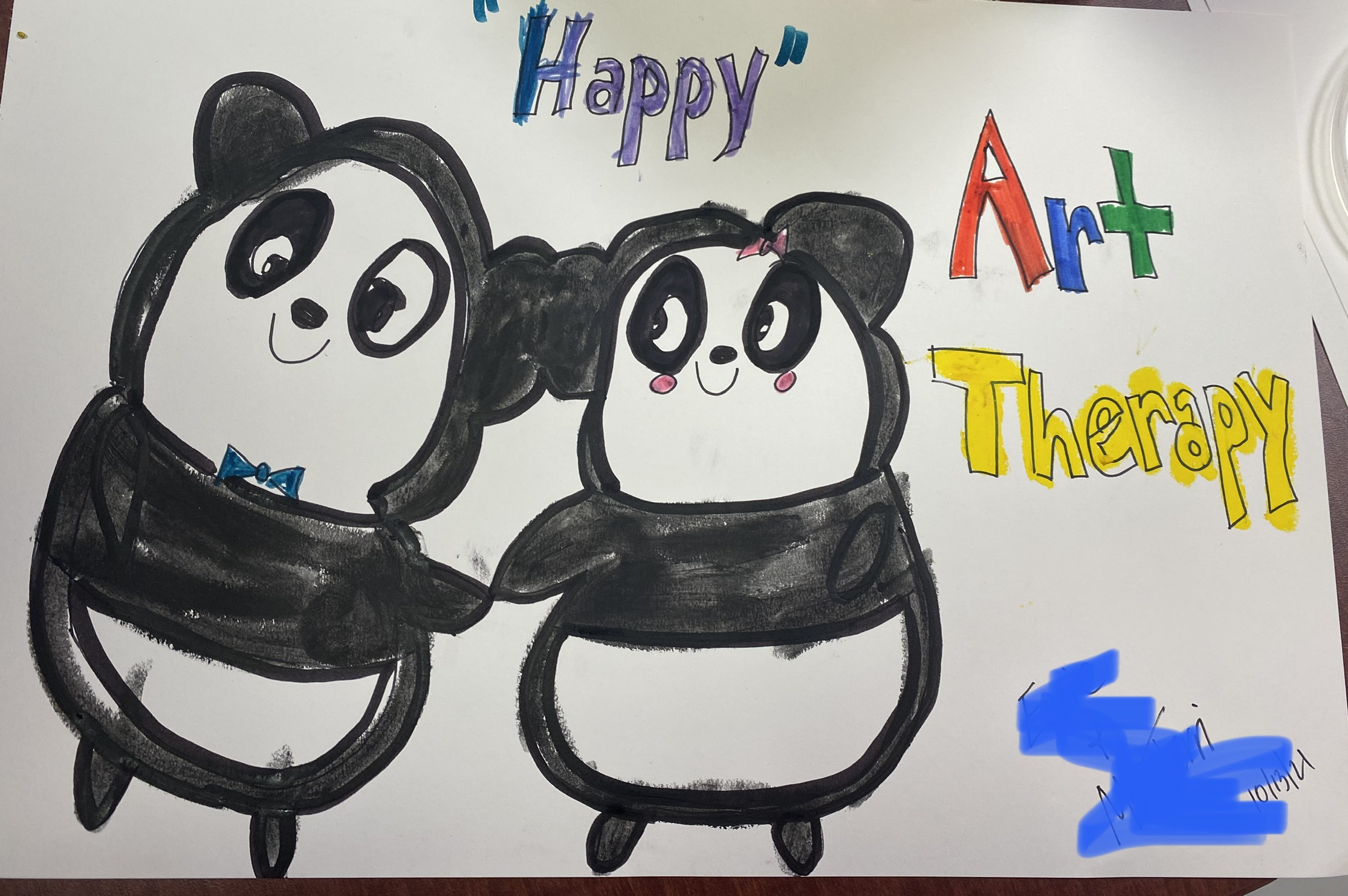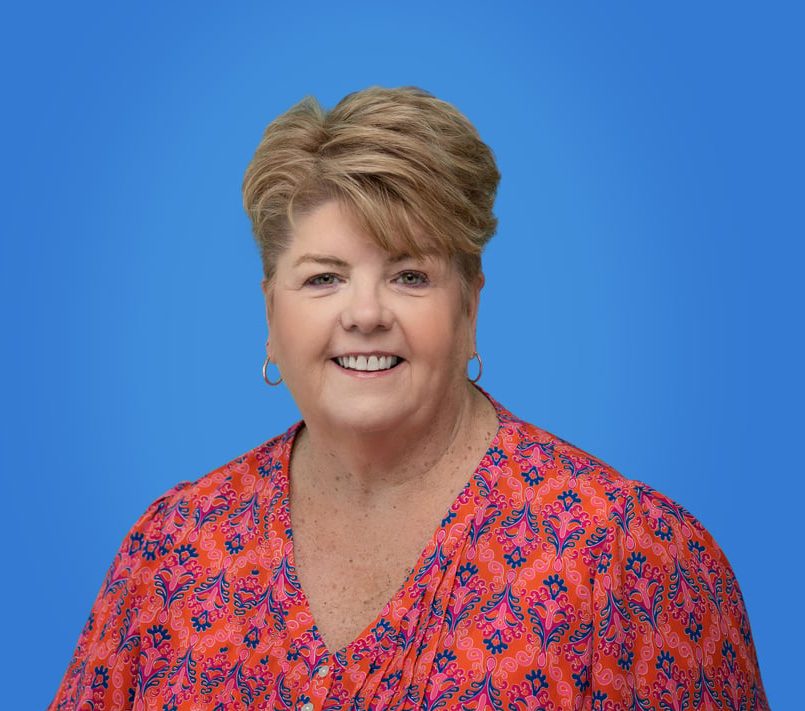July 17, 2025 | By Terri Willis, MA, ATR-BC, LPAT
Join Terri Willis and the AATA Staff on August 14, 2025, for a virtual event for Delaware Art Therapists to connect, explore mentorship and advocacy opportunities, and learn about current practice regulations. Register here.
When I joined the field as a new George Washington University (GWU) graduate in 1988, Delaware was served by only three art therapists. A Delaware native, I returned to plant a seed about the field of Art Therapy and now write this while enjoying semi-retirement at my beach house in Bethany Beach. I hope to bring my art therapy colleagues together on August 14 for a virtual event sponsored by AATA.
Reflecting on My Own Career as an Art Therapist
As I worked with AATA to plan this event, I began reflecting on my own career as an Art Therapist in a small state. When I graduated, holding any master’s degree in Delaware was rare and helped accelerate my career by opening doors that might otherwise have remained closed. Later, as one of the first to take the board certification exam in 1995, I expected similar doors to open when I passed. I was happy to earn my board certification (BC) on the first try, but, although valuable, it didn’t earn me a seat at the table with other mental health professionals.
One of my first experiences explaining our profession came when I applied for reciprocity with the NCC exam through Delaware’s Board of Mental Health and Chemical Dependency. Despite my degree and credentials, my application was denied immediately. On appeal, I was told Art Therapy was not a separate mental health field but rather just a tool that mental health professionals use in practice. Several Board members acknowledged they had never met an Art Therapist but agreed my profession did not exist on its own. Realizing art therapy remained a mystery to many, I honed my 5-minute elevator speech and educated everyone who crossed my path. Throughout my career I pulled up a chair to every table where Art Therapists weren’t yet invited, determined to make space for our voice and have the value of the profession recognized.
“Even after working in both the non-profit and for-profit sectors for over 36 years, I still have to explain my beloved profession.
I have come to realize championing Art Therapy requires resilience, creativity, unwavering commitment, and a deep belief in the power of our work.”

Even after working in both the non-profit and for-profit sectors for over 36 years, I still have to explain my beloved profession. I have come to realize championing Art Therapy requires resilience, creativity, unwavering commitment, and a deep belief in the power of our work. While working in a for-profit hospital, the first administrative meeting I attended was about eliminating the Art and Music Therapy department and replacing it with activity aides. This was a discouraging moment reminded me my expertise wasn’t as welcomed as I’d hoped. This skepticism was not unfamiliar. I encountered it not only from other mental health professionals but from policymakers and institutions unfamiliar with the field’s scientific and therapeutic merits. Although moments like these were disheartening, I found providing supervision to up-and-coming Art Therapists was a valuable way to stay connected to changes in the profession and rediscover my excitement for the field through their fresh perspectives. In every struggle, I could always find a glimmer of hope—whether in the eyes of a client, the enthusiasm of a supervisee, or the growing recognition of our work.
Advocating for Art Therapy Licensure in Delaware
That hope was powerfully affirmed in 2017 when I saw our community come together to advocate for a bill to license Art Therapists in Delaware under the LPAT. Being part of that effort and succeeding on our first attempt was a meaningful recognition of both our collective strength as advocates and the value of art therapy in our community. Getting to celebrate with the AATA community made it even more special; it truly felt like a turning point.
One constant throughout my entire career has been my membership in the American Art Therapy Association. Though I’ve never held a leadership role, I’ve consistently leaned on AATA’s educational opportunities, national conferences, resource guides, and virtual sessions. The MyAATA portal has connected me with colleagues seeking supervision, support, or simply a shared connection. To me, AATA is a grounding anchor for navigating the isolation of working in a small, rural state. My AATA member benefits have made advocacy easier and practice less lonely.

“One constant throughout my entire career has been my membership in the American Art Therapy Association…. To me, AATA is a grounding anchor for navigating the isolation of working in a small, rural state. My AATA member benefits have made advocacy easier and practice less lonely.”
Fostering Connections and Building Community in Delaware. Join us!
My passion for Art Therapy motivated me to foster connections not just within Delaware but also with colleagues across the nation, offering mentorship to emerging professionals and collaborating on projects that amplified our field’s reach. Each challenge has reaffirmed the profession’s resilience and the need for continued advocacy while emphasizing that this work is not solitary—it thrives on relationships and shared visions. As I neared the later stages of my career, I became increasingly aware of the importance of sustaining these connections and paving paths for others to follow. Now, it is my time to give back to the field I first learned about as a high school student from my art teacher, a field that still inspires me.
As I reflect on the evolution of Art Therapy in Delaware, I am struck by how far we’ve come—from just three art therapists to a licensed, respected profession with over 50 practitioners. Although advocacy for proper recognition alongside other mental health fields remains an ongoing challenge, I remain optimistic about the future of Art Therapy. The passing of the licensing bill not only marked a significant milestone for our profession in Delaware but also inspired a new generation of Art Therapists to pursue this rewarding career. As I look forward to my upcoming virtual event, I hope to engage in meaningful conversations, build a community of Delaware Art Therapists, and inspire others to continue advocating for the value and importance of our work.
The future of Art Therapy depends on fostering connections, sharing knowledge, and mentoring those who are just entering the field. I believe that by coming together as a community, we can ensure that the transformative power of art remains a vital tool for healing and growth in our society.
About Terri Willis, MA, ATR-BC, LPAT

Terri Willis, MA, ATR-BC, LPAT, is the Owner of The Creativity Lab, LLC: Clinical Art Therapy Consulting and Services, a mental health outpatient practice with locations in Dover and Middletown, Delaware.
With over 30 years of experience, Terri began her career as an Administrative Director at a psychiatric facility, where she managed therapeutic programs and provided Art Therapy. She has worked across both non-profit and for-profit sectors, including inpatient and residential treatment, community programs, domestic violence shelters, and public education.
Terri later served as an Art Therapist in a Delaware school district, where she helped build awareness of Art Therapy and eventually became the district-wide mental health liaison and trainer. In 2022, she took early retirement from the school system and opened The Creativity Lab, LLC. She specializes in working with individuals with Autism, cognitive challenges, trauma, and other mental health concerns.
Terri holds a master’s degree in Art Therapy from George Washington University, is nationally board certified, and licensed in Delaware. She was also actively involved in advocacy efforts that led to the passage of Art Therapy licensure (LPAT) in the state.
For more information, contact Terri at TheCreativityLab2022@gmail.com or visit thecreativitylabllc.org.
